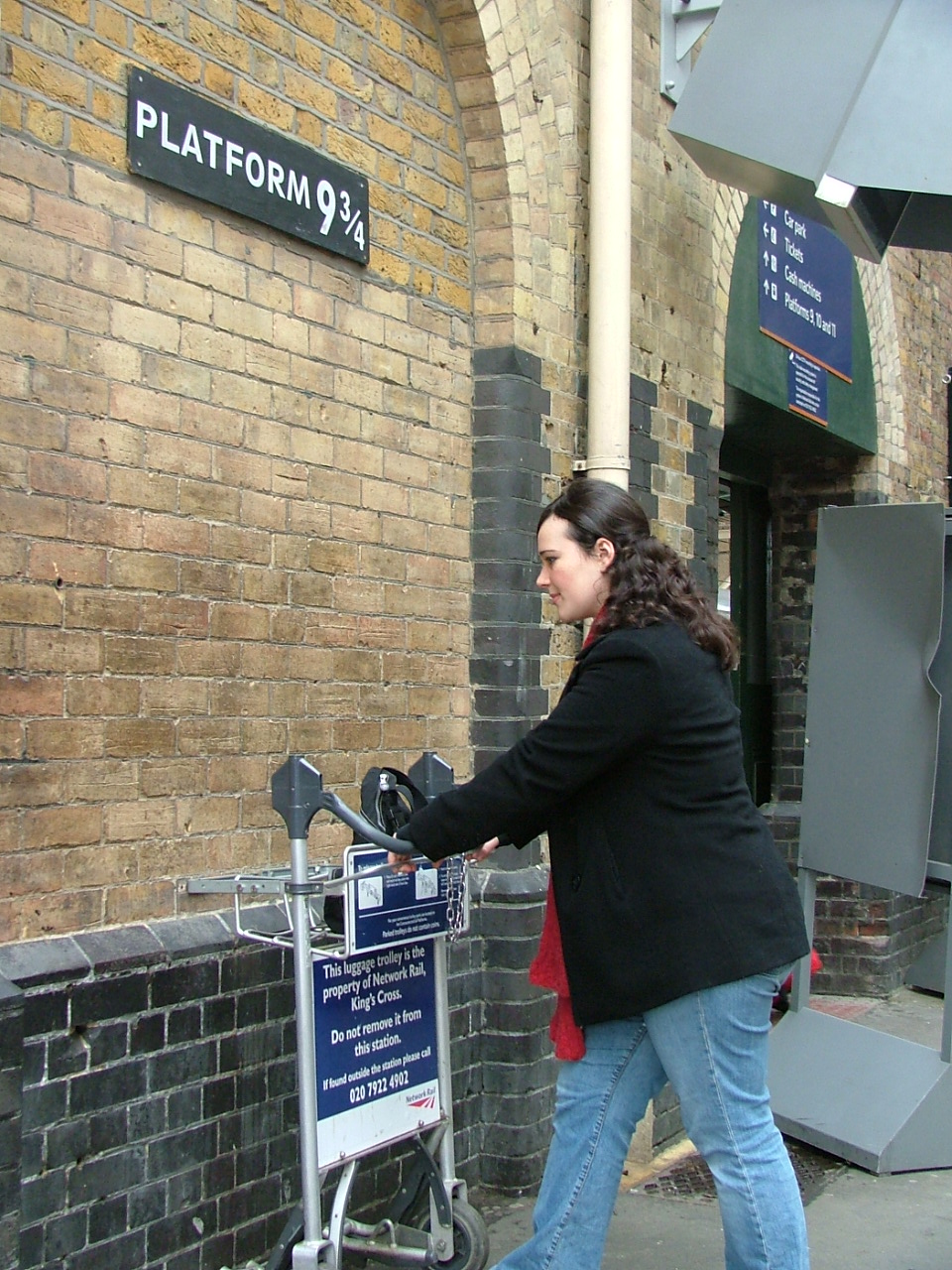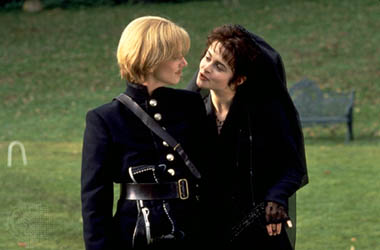This week’s been hot for my research.
The buzz of being onto something is really incomparable. There’s a nervousness compounded with an anticipation and a rush of adrenaline when you realize that you’ve found some topic that other people don’t seem to be talking about. Then there’s this fear that well, maybe they’re not talking about it because it’s SO OBVIOUSLY OBVIOUS and EVERYBODY knows that and you’re a complete idiot for even thinking that there may be some unanswered question as to what you’re working on.
I’m stuck right now in a valley of no return. I can’t go back because, well, I’m walking an (as far as I can tell) unforged path, but at the same time I’m wondering how very far I’ll be able to leapfrog down this path and where it may take me. I have some vague notions, some of them more exciting than others, but in my experience with research (as with life) you never really know until you get there.
This week I was trying to articulate said feeling to a colleague of mine. We were having the
inevitable “where are you with your projects?” moot during a trip to the Boston Public Library (BEAUTIFUL and WONDERFUL by the by, and totally worth checking out if you like books or pretty architecture or reading books while surrounded by pretty architecture). I mentioned that I had found something… something that I wasn’t quite sure what to make of. Something that no one else seems to have worked on yet. Something that I was getting somewhere with.
And he asked me the dreaded question which sent me into a Southward tailspin. “Is it important?”
I blinked at him a few times, taken aback by the question. It is important? Oh the implications of this! First off, I couldn’t understand how I had gotten so far stuck down the hole of research that I had lost track of the outside world. How could I lose sight of some bigger picture? How could I be so focused on such small details that I failed to see the whole? Of course no one’s written about it, it just may not be all that important!
Then I found myself in this semantic existential crisis questioning everything I knew. What
Is this the end of zombie Shakespeare?
was “important”? How do you define “important”? I mean, forchrisakes, we spend our days reading and writing about theatre. Theatre never made dinner. Theatre doesn’t even really make money. And what’s worse, most of us spend more of our time talking about theatre rather than making theatre these days. We’re intellectual hacks. In the eventuality of zombie holocaust, we’re pretty much the top of the list of “zombie bait” because we have nothing to add to the post-apocalyptic human existence and we don’t even have any practical skills. So really, “important”? How can anything we do (or fail to do) really and truly be “important”?
Then I began to come up with excuses to justify my research. It has to do with Shakespeare and Shakespeare is obviously important! Everyone knows Shakespeare! Everyone loves Shakespeare! He’s the most-quoted creator of literature the world-over! Just about every nation has appropriated him as their own! Without Shakespeare, the English language wouldn’t exist as we know it today, so clearly what I’m doing as a small subset of this gigantic whole is obviously extremely important.
Then I wondered why it even mattered. This is a seminar paper for a research methodologies course. More important than what I find is how I managed to find it. How did I solve my problems along the way? What tactics did I use to solve these problems? If I make a breakthrough and manage to produce something landmark, that’s frosting on the cake (what’s a cake without frosting? Maybe I should be making a landmark breakthrough… everyone will be disappointed if there’s a cake with no frosting…. Wait, hang on, maybe it’s angel food cake which does not require frosting to be good… I can live with that).
So I answered the only way I knew how. “I don’t know.” It was truth. Pure and simple. At this stage of the game, my research could be anything. The important thing is that it’s interesting, it’s engaging, it keeps me busy, and I’m not chasing my tail as I grind grind grind away.
So, if you’ll excuse me, I’m off to the archive to do some more digging. Maybe in a few
weeks I’ll get back to this question of importance. For now, I’m glad to have had the reality check and I’m super glad that there are no zombies at my window.

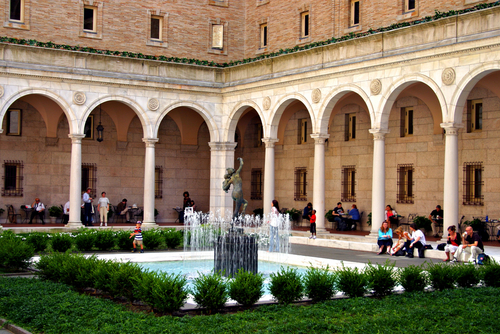


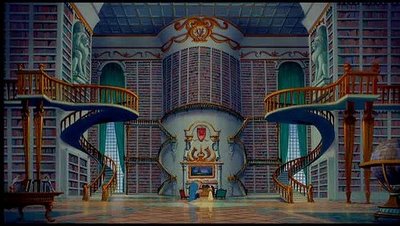





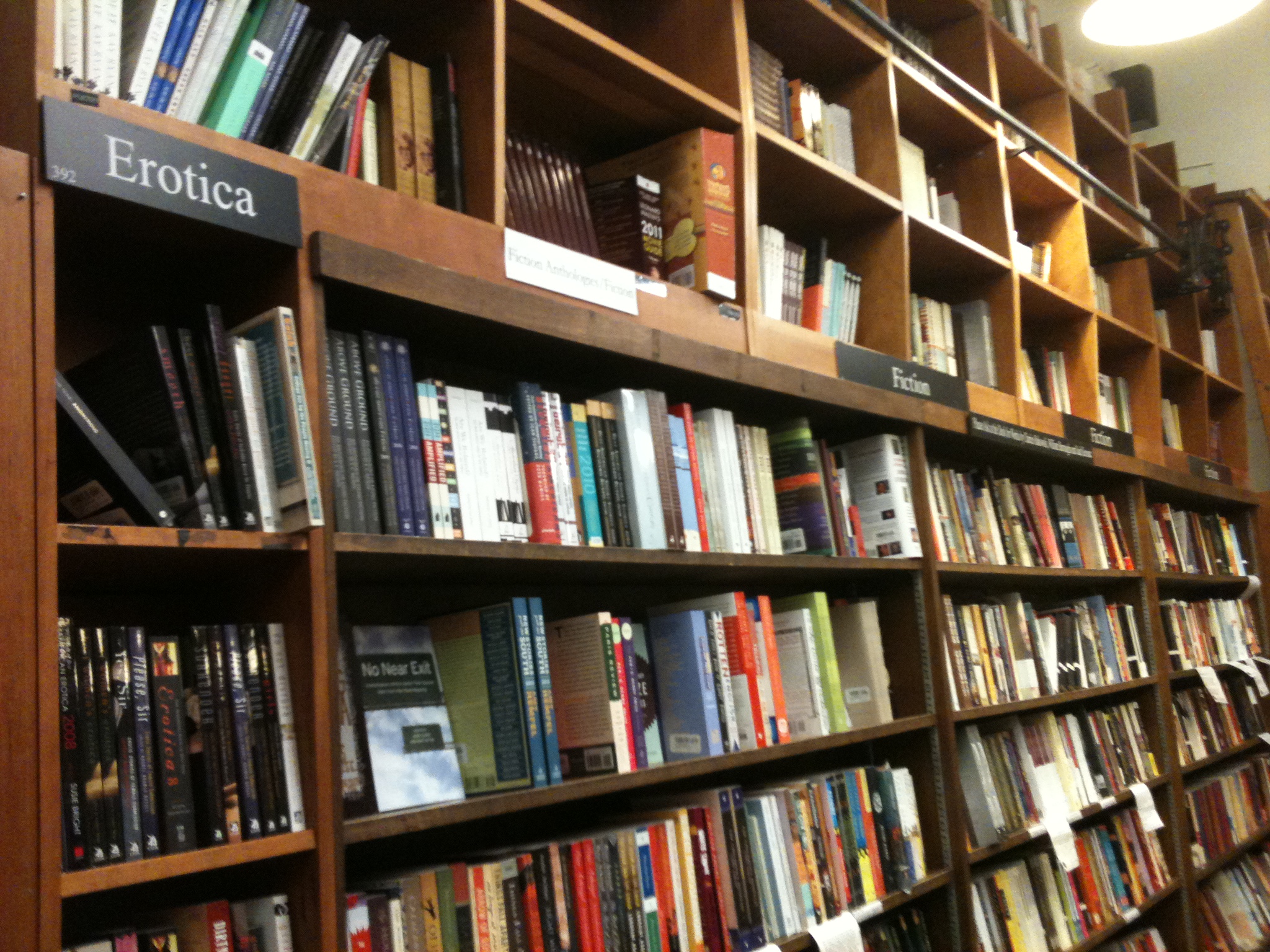



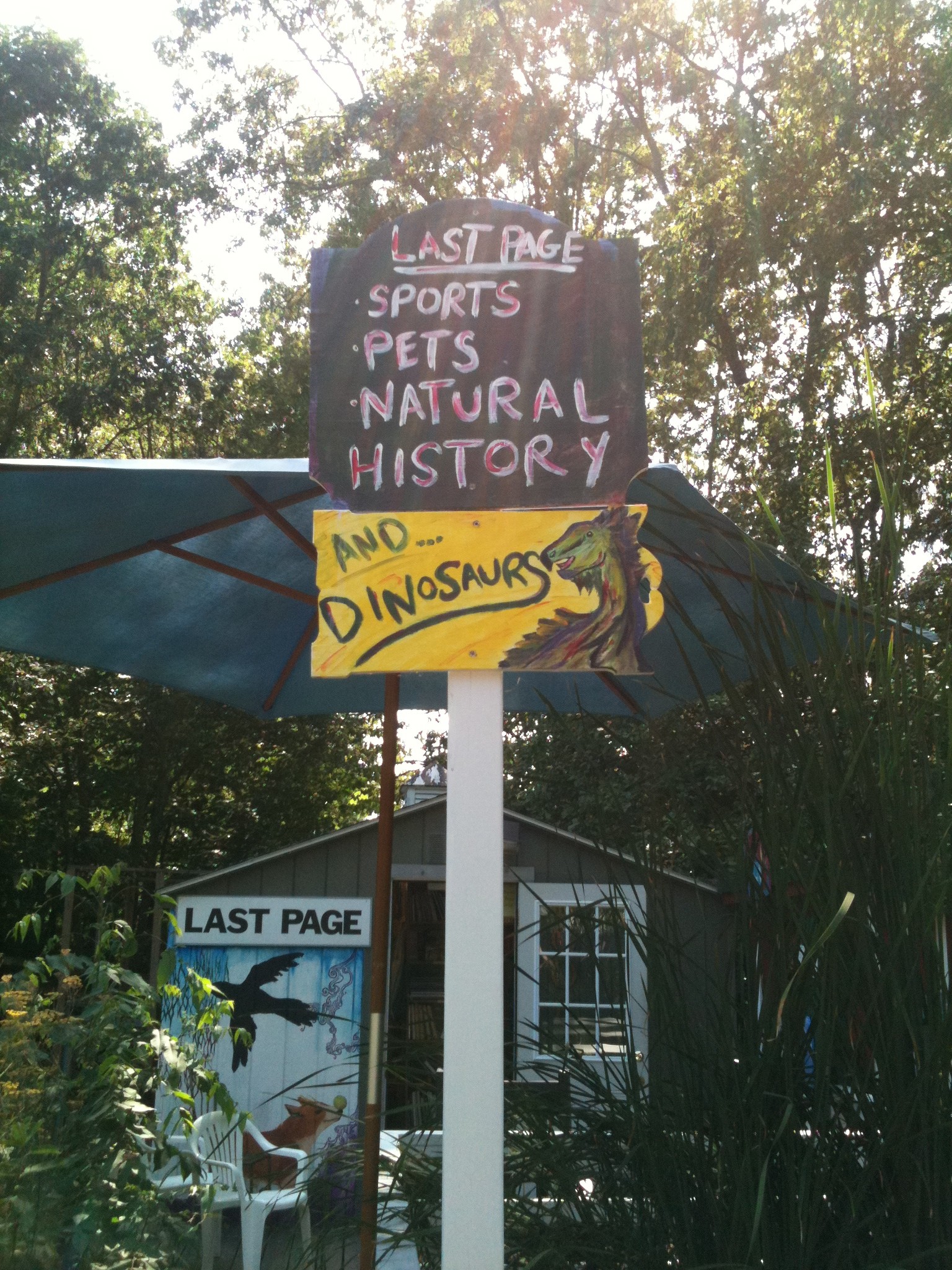

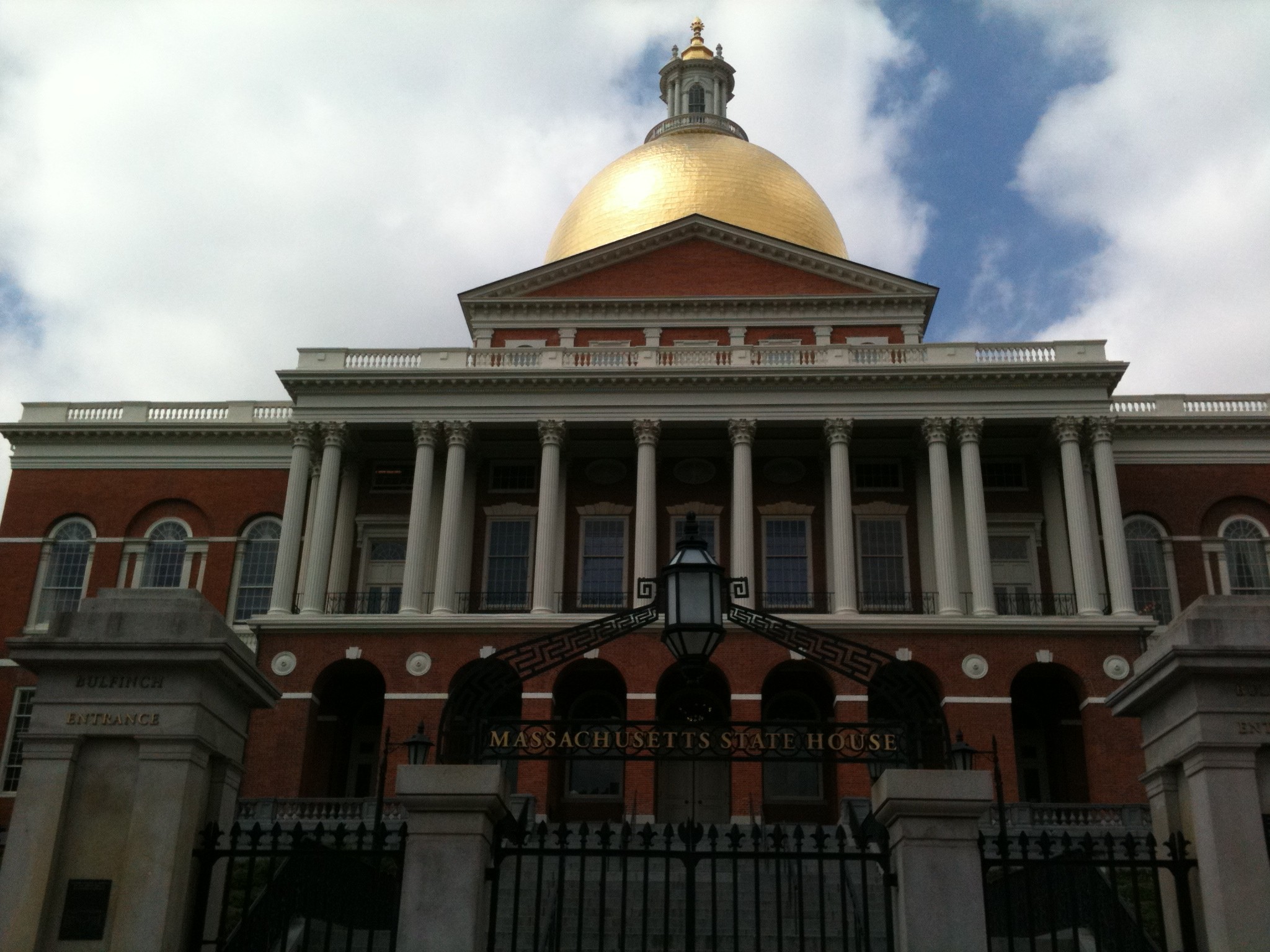
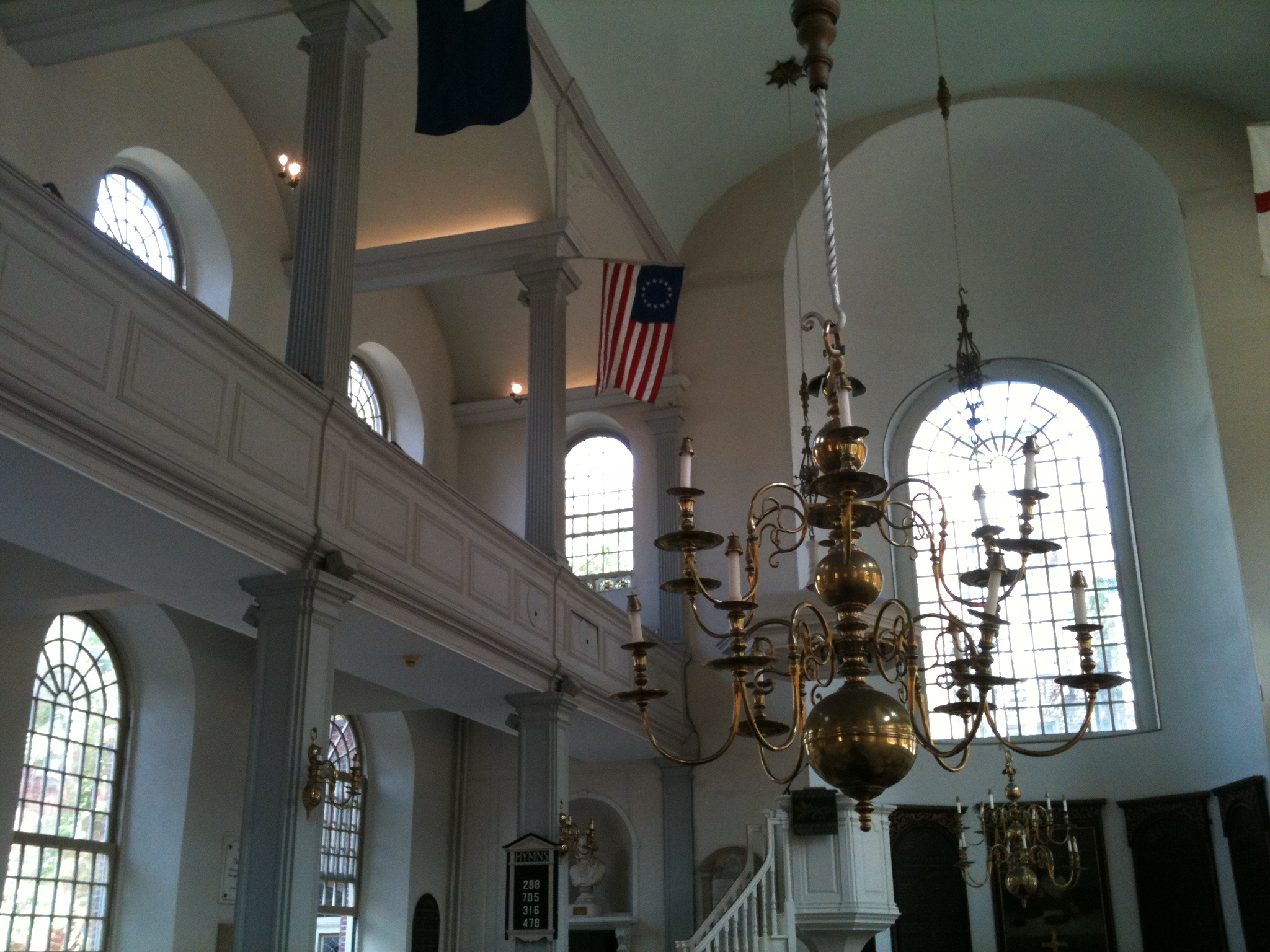
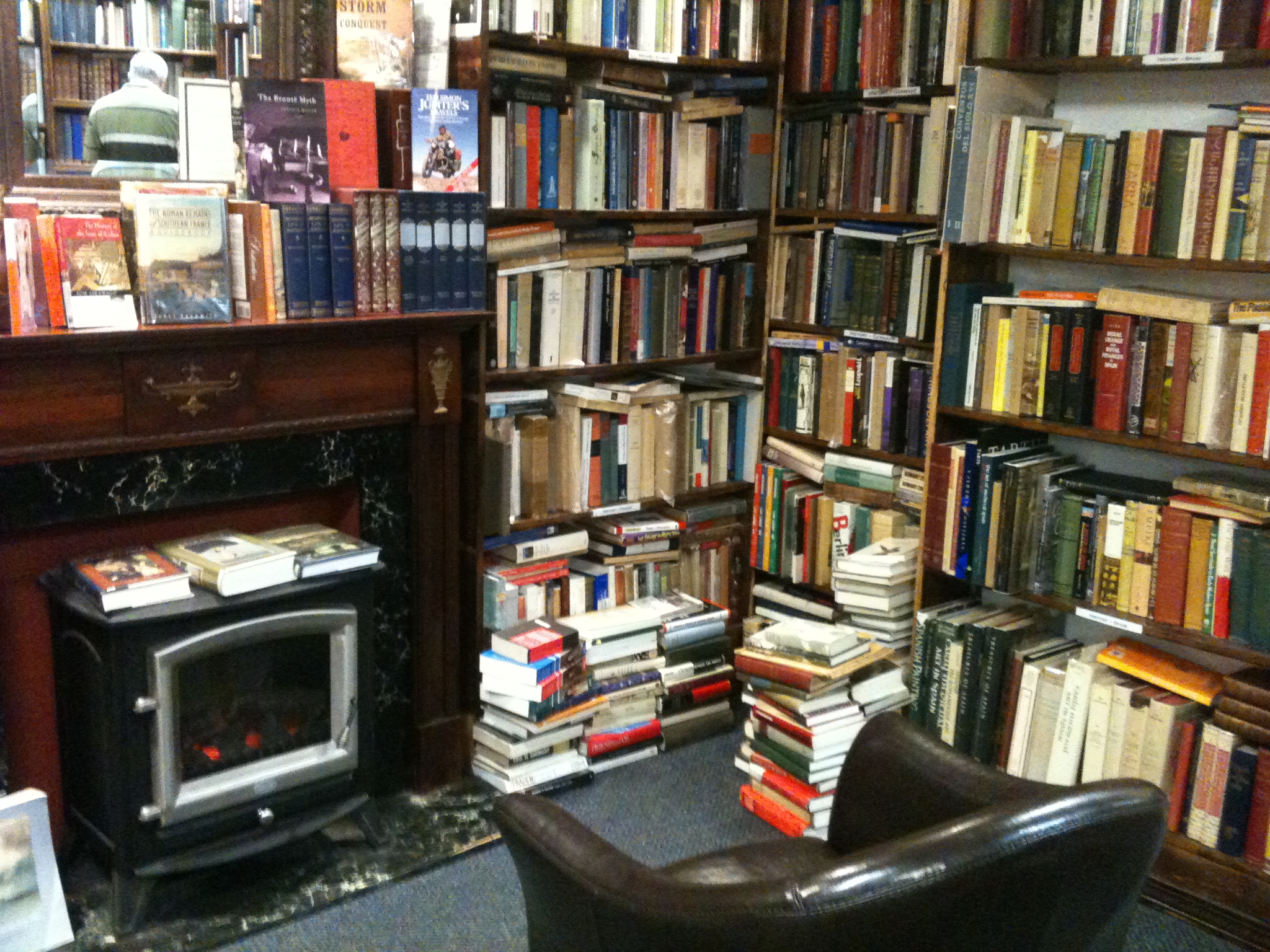
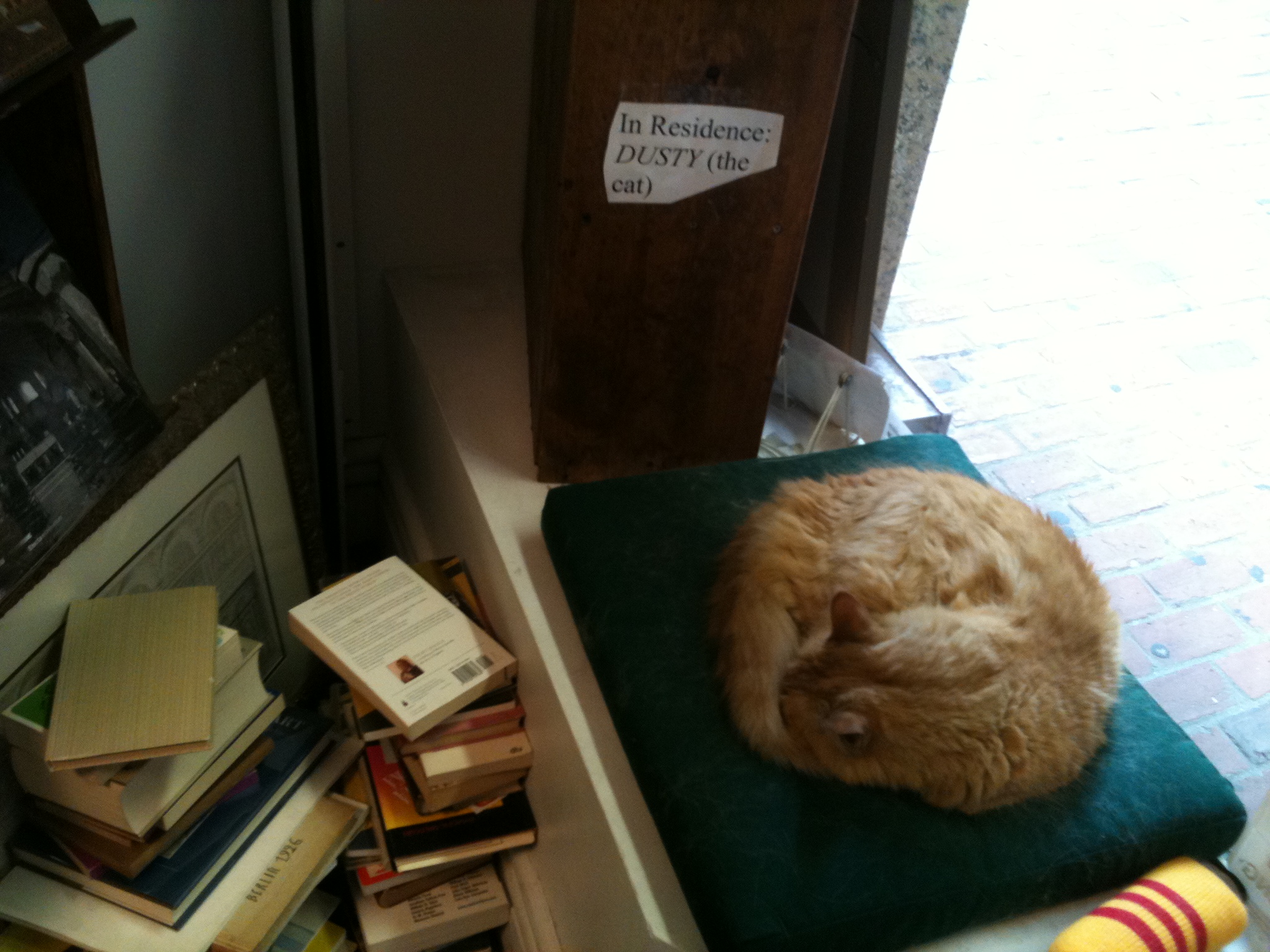
 to provide solace, comfort, or camaraderie. As I organized my books, I wasn’t just putting objects on shelves. There was also a part of me that was re-living the sundry times of my life which these icons represented. I was remembering the vacation when Harry Potter IV was released and I spent the last two days holed up racing to finish the book before returning to school and my friends (who, obviously, would have done the same). I was reminiscing about the corner bookstore in Dublin which sold only books in Irish where I acquired my Gaeilga/Béarle dictionary because you can’t really get them in the United States. I was thinking about the day when I rescued my great-uncle’s complete matched set of Dickens from a slow painful death by mold in my Grandmother’s basement library.
to provide solace, comfort, or camaraderie. As I organized my books, I wasn’t just putting objects on shelves. There was also a part of me that was re-living the sundry times of my life which these icons represented. I was remembering the vacation when Harry Potter IV was released and I spent the last two days holed up racing to finish the book before returning to school and my friends (who, obviously, would have done the same). I was reminiscing about the corner bookstore in Dublin which sold only books in Irish where I acquired my Gaeilga/Béarle dictionary because you can’t really get them in the United States. I was thinking about the day when I rescued my great-uncle’s complete matched set of Dickens from a slow painful death by mold in my Grandmother’s basement library.
